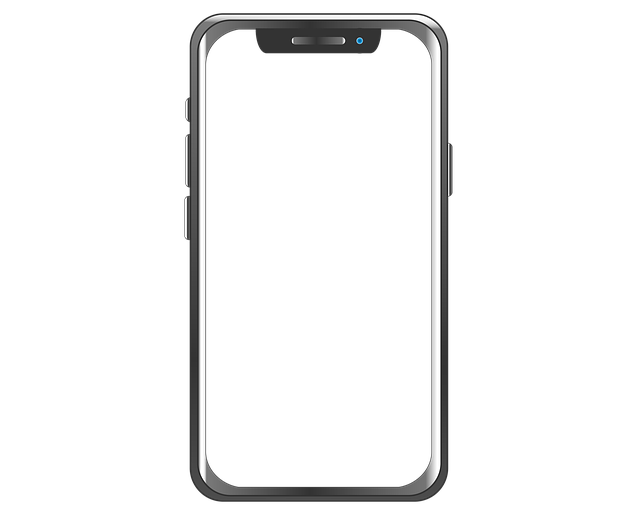West Virginia's strict Do Not Call laws protect residents from intrusive telemarketing, with specialized Do Not Call lawyers WV offering assistance against persistent violators. Advanced online tools and apps facilitate registration for the National Do Not Call Registry and block unwanted calls. AI and machine learning enhance these systems, predicting spam calls and improving protection. However, dynamic phone numbers and legal variations pose challenges, requiring uniform tech solutions integrated with local laws to effectively block telemarketing. Future advancements aim to revolutionize call management for Do not call lawyers WV, prioritizing client communication while ensuring compliance.
In West Virginia, understanding and adhering to Do Not Call laws are essential for businesses and Do not call lawyers WV. This article explores the evolving landscape of do-not-call technology, focusing on how innovation can enhance compliance and protect consumers. From the current state of list management to future prospects, we delve into the role of technology in refining the Do not call process, addressing challenges, and what’s next for WV lawyers navigating these regulatory changes.
Understanding the Do Not Call Laws in West Virginia
In West Virginia, the Do Not Call laws are designed to protect residents from unsolicited telephone solicitations, offering them a way to opt-out of marketing calls. These regulations are crucial for maintaining a peaceful and private environment, especially as phone networks evolve with new technologies. The state’s laws mirror those at the federal level, allowing consumers to register their numbers on the National Do Not Call Registry, restricting telemarketing calls for five years.
West Virginia residents can rest assured that they have legal recourse against persistent or unauthorized call centers through the assistance of local Do not call lawyers WV. These professionals specialize in navigating telephone solicitation laws and ensuring businesses comply with regulations, providing a safety net for consumers tired of unwanted calls.
The Current State of Do Not Call Technology
In today’s digital era, the “Do Not Call” registry has evolved beyond its traditional paper-based roots. West Virginia residents now have access to advanced online tools and apps designed to manage unwanted phone calls, including those from persistent do not call lawyers WV. This shift towards digital solutions has significantly improved the user experience, allowing individuals to easily sign up for the registry and receive automated blocking of telemarketing calls.
The current state of Do Not Call technology involves sophisticated algorithms that identify and filter out legitimate business calls from spam. With machine learning capabilities, these systems adapt to new patterns, ensuring a more robust protection against incessant advertisements. This technological advancement promises an even more peaceful and clutter-free communication experience for West Virginians in the future.
The Role of Technology in Enhancing Do Not Call Lists
In today’s digital era, technology plays a pivotal role in enhancing and streamlining the effectiveness of Do Not Call lists, particularly for residents of West Virginia seeking protection from unwanted phone calls. Advanced software solutions enable more robust data management and accurate verification, ensuring that only legitimate numbers are added to the list. This not only saves time for both consumers and Do Not Call lawyers WV but also makes it easier to identify and penalize violators.
The integration of artificial intelligence (AI) and machine learning algorithms has significantly improved the process. These technologies can analyze vast call data, identify patterns, and predict potential spam calls more accurately. This proactive approach allows for better protection for West Virginia residents, ensuring their peace of mind. As the laws and regulations surrounding Do Not Call lists evolve, technology will continue to be a game-changer in maintaining a harmonious balance between consumer privacy and business outreach.
Challenges and Limitations of Existing Systems
Despite advancements in technology, the “Do Not Call” lists and systems face several challenges and limitations, especially in a state like West Virginia with a unique legal landscape. One significant hurdle is the dynamic nature of phone numbers, as individuals often change their contact information, making it difficult to maintain up-to-date records. This issue is exacerbated by the prevalence of “do not call” list bypass techniques used by telemarketers, which can render existing systems less effective in protecting consumers from unwanted calls.
Moreover, the legal framework surrounding “do not call” regulations varies across jurisdictions within West Virginia, leading to inconsistencies in enforcement and consumer protection. This disparity can create confusion among both residents and businesses, especially when it comes to registering numbers on national “do not call” lists or understanding their rights under the law. As such, there’s a growing need for more robust and uniform technology solutions that can seamlessly integrate with existing legal frameworks to provide comprehensive relief for West Virginia residents from unwanted telemarketing calls, with assistance from local do not call lawyers WV.
Future Prospects: Innovations in Do Not Call Technology for WV Lawyers
As West Virginia enters a new era of digital communication, the future of do-not-call technology for WV lawyers is poised to evolve significantly. Innovations in artificial intelligence and machine learning algorithms can enhance current systems by accurately identifying and blocking unwanted calls from spammers and telemarketers. These advanced technologies can also adapt to individual preferences, allowing lawyers to receive relevant calls while filtering out irrelevant ones.
Moreover, integration with robust data management systems will enable WV lawyers to maintain comprehensive client databases, ensuring compliance with do-not-call regulations. This integration could include automated call screening, intelligent routing, and personalized communication strategies, thereby streamlining legal practices and enhancing client relationships. With these advancements, the legal community in West Virginia can expect a more efficient, effective, and compliant approach to managing incoming calls from prospective and existing clients.






